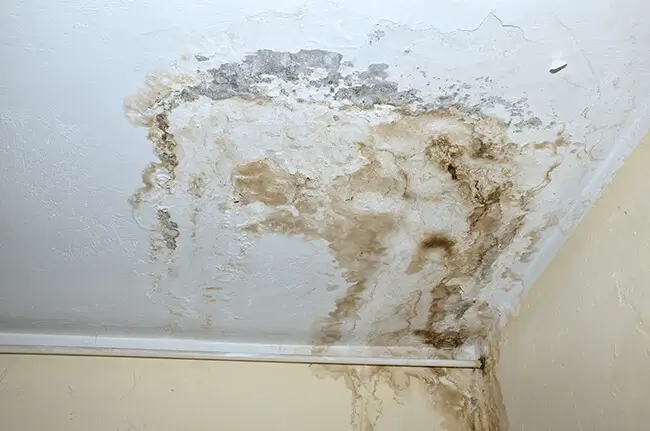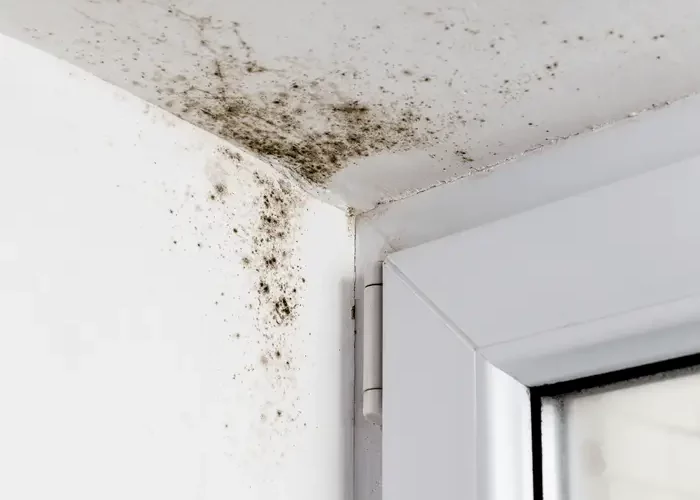Renters insurance is an essential aspect of safeguarding your belongings and providing liability coverage in case of unexpected events. However, when it comes to issues like mold, there can be some confusion about what renters insurance covers, especially in a specific location like Fayetteville, AR.
In this blog post, we’ll delve into the details of renters insurance coverage for mold in Fayetteville and help clarify what renters can expect.
What is Renters Insurance?
Renters insurance is a crucial safety net for tenants, offering a shield for their personal belongings and providing liability coverage. This type of insurance is tailored specifically for renters, offering a range of protections that can be invaluable in times of need.
Typically, renters insurance encompasses coverage for personal belongings, ensuring that in the event of theft, fire, or other covered perils, tenants can receive compensation for their losses.
Additionally, renters insurance provides liability protection, which can be essential if someone is injured on the rental property and the tenant is found legally responsible. Moreover, if a rental becomes uninhabitable due to a covered peril, renters insurance often includes coverage for additional living expenses, ensuring that tenants have a place to stay while repairs are underway.
Overall, renters insurance offers peace of mind and financial security, allowing tenants to focus on enjoying their living space without worrying about unexpected disasters.

Understanding Mold and Its Risks:
Mold is a type of fungus that thrives in damp and humid environments. It can grow on various surfaces, including walls, ceilings, carpets, and furniture. Mold not only damages property but can also pose health risks, especially for individuals with respiratory issues or allergies.
In Fayetteville, AR, where the climate can be humid, mold growth is a common concern for renters. Factors such as leaky pipes, inadequate ventilation, or water damage from severe weather events can contribute to mold growth in rental properties.
Does Renters Insurance Cover Mold in Fayetteville, AR?
The coverage for mold damage in renters insurance policies can vary depending on the insurance provider and the specific terms of the policy. In general, renters insurance typically covers sudden and accidental water damage, such as burst pipes or plumbing leaks. However, coverage for mold remediation may be limited or excluded altogether in some policies.
Renters in Fayetteville need to review their insurance policies carefully and understand the specific coverage for mold-related issues. Some policies may provide coverage for mold remediation as part of the personal property coverage or as an additional endorsement, while others may exclude mold damage entirely.
Factors to Consider:
When determining coverage for mold damage in renters insurance, several factors come into play:
- Policy Limits: Check the policy limits to see how much coverage is available for mold remediation and property damage.
- Deductibles: Consider the deductible amount you’ll need to pay out of pocket before the insurance coverage kicks in.
- Exclusions: Review the policy exclusions to understand any limitations or exceptions regarding mold damage coverage.
- Documentation: Keep detailed records of any water damage or mold issues in your rental property, including photographs and written documentation.
It’s also crucial to communicate with your insurance provider and report any incidents of water damage or mold growth promptly. Taking proactive steps to address water leaks or moisture issues can help mitigate the risk of mold damage and demonstrate diligence to your insurance company.
Additional Precautions:
While renters insurance can provide financial protection in case of mold damage, it’s essential to take preventive measures to minimize the risk:
- Proper Ventilation: Ensure adequate ventilation in your rental property, especially in areas prone to moisture buildup such as bathrooms and kitchens.
- Prompt Repairs: Report any water leaks or plumbing issues to your landlord or property manager promptly and request repairs as needed.
- Routine Maintenance: Keep your rental property clean and well-maintained to prevent mold growth. Regularly inspect for signs of water damage or mold and address any issues promptly.
- Mold Remediation: If you discover mold in your rental property, take steps to address it immediately by contacting a professional mold remediation service. Document the remediation process and keep records for insurance purposes.
Conclusion:
Renters insurance in Fayetteville, AR can provide valuable protection for tenants, including coverage for mold damage under certain circumstances.
However, renters need to review their insurance policies carefully, understand the coverage limitations, and take proactive measures to prevent mold growth in their rental properties. By staying informed and proactive, renters can ensure adequate coverage and minimize the risk of mold-related issues in their homes.
Ready to safeguard your rental property? Contact us today for a personalized renters insurance quote tailored to your needs.


